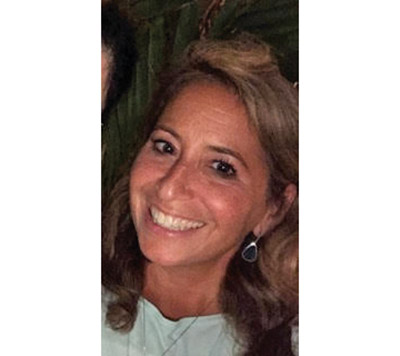
Passover is fast approaching. Many of us are busy cleaning and shopping. We are searching for and removing chametz from our homes. We are planning our seder menus, and deciding how we will replay the Haggadah journey at our tables. There is excitement in the air. Remembering and re-enacting the miracle of Pesach each year is for some the single most meaningful moment in the whole Jewish calendar.
Yet for others, Pesach is the most challenging holiday in the Jewish calendar. We are commanded to tell and retell the story in a particular order. Seder means order. Part of that order – a significant part – involves wine. Not one, not two or three, but four glasses of wine. What happens when alcohol, or other substances, are the things to which we are enslaved? How do we come to the family table to share the Passover experience when addiction is part of our life, whether we are the addict, their parent, spouse, sibling or child?
In a simple, practical way, we can use grape juice instead of wine. That seems easy enough. But not really. We know this can result in complaints from the others at the seder table. In my family, replacing our charoset with another version to accommodate my nephew with food allergies results in much tumult! Eliminating wine from the seder table can be even more daunting.
I suggest before we sit down at our seder tables, we consider the meaning and purpose of Pesach. The Torah commands us to teach the story to our children so that they will understand what it means to go from slavery to freedom. Since we are commanded to relive the Pesach experience, we must relate slavery to our own lives.
Ask each person at the seder table to think about the question, “What are you a slave to?” Don’t single anyone out. This question is relevant to everyone. No one has to share; no one has to speak. My friend and teacher Harriet Rossetto, founder of Beit T’Shuvah, observes that “you don’t have to be an addict to be in recovery.” Beit T’Shuvah is the first residential Jewish faith-based addiction recovery space in the United States. They work from the democratizing premise that we are all enslaved to something. At our tables this year, raise the question about slavery and brokenness during Yachatz, the ritual breaking of the matzah. Yachatz does not have to be just about the afikomen (it’s not just about dessert)! The Israelites who left Egypt were both physically and spiritually broken, and they needed to wander in the desert for forty years to rid themselves of the mental shackles that remained despite their physical freedom.
How do we clear ourselves of our modern mental shackles today? Pesach is called Chag HaMatzot, the Feast of Unleavened bread. We are commanded to remove leaven from our lives, and to break the unleavened bread. Doing both helps us to physically experience brokenness. The brilliance in the seder design is that we don’t complete the seder until we find the broken piece. Ultimately, that’s what recovery is about. Working to identify and then fix our broken parts. But we can’t do that until we find, admit and acknowledge them. And we don’t have to be addicts to do that.
The Babylonian Talmud in Berachot 17a, tells us that “the yeast in the dough” is what blocks our hearts. For one week, we refrain from eating that stuff that puffs us up. Being puffed up blocks us from seeing who we really are. Addiction is often an effort to cover up the underlying brokenness we don’t want to face. According to our texts, during the year, the yeast feeds our yetzer haRah, our evil inclination, and if not balanced by our yetzer haTov, the good inclination, the “yeast in the dough” prevents us from doing the next right thing. And so, on Pesach we remove the yeast from our lives for one week. It is like pressing the reset button. God commanded the Israelites to clear themselves of the leaven that was blocking their souls, and we do the same. We are inspired to remember how we were freed, saved, redeemed and chosen to be God’s people. God had faith in us. Being brave enough to identify our own broken pieces means we have faith in ourselves, too.
So, when someone needs us to keep wine off the table…introduce this slavery concept.
Each year. look at the seder in a new way, with new eyes, and new freedom. Don’t get angry at members of your family who have issues that require you to change things up. Every year we have the opportunity to experience redemption again, in a new way, with a new perspective, and with an open, yeast-free heart.
Chag Pesach sameach.
By Lisa Lisser
Lisa Lisser is a Jewish educator and spiritual counselor.











